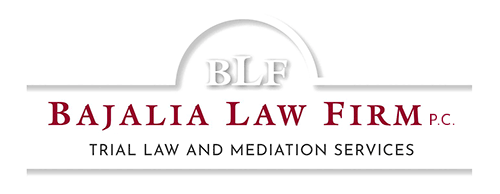As the crisis of fatal drug overdoses has worsened throughout the country, many states have enacted what are commonly known as “Good Samaritan” laws that provide some immunity from arrest and prosecution to people who call 911 or otherwise seek emergency help for someone who appears to be suffering an overdose. Many of these laws provide the same protection to the person who is overdosing – whether someone calls for help for them or they seek help for themselves.
These laws are intended to prevent people from fleeing an overdose scene and potentially leaving someone to die because they are afraid of being arrested for their own drug possession and use. In some states, these laws are named for drug overdose victims who died after being left by the people with whom they’d been using drugs.
What you should know about Georgia’s “911 Medical Amnesty” law
This law provides immunity for the following criminal offenses:
- Possession of a small amount of illegal substances (for example, under 4 grams of a solid substance)
- Violation of a condition of parole, probation or pretrial release
- Underage alcohol possession
The immunity applies to both the person who calls for help and for the person overdosing. To qualify for immunity, both must remain at the scene and cooperate with first responders. Further, your call for help must be the only reason law enforcement discovered your alleged offense.
Any medical emergency scene can be chaotic. When law enforcement officers are involved, that’s even more true. Police don’t always get things right. If you’ve been arrested and charged with an offense that’s covered under this law, it’s crucial to get legal guidance as soon as possible to protect your rights and present your case.

